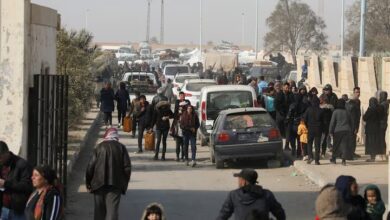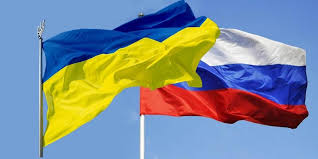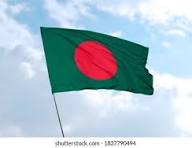Bangladesh: PM Hasina Resigns, Flees country As Protesters Storm Palace
The removal of Hasina on Monday followed weeks of deadly protests and appears to have averted the threat of further bloodshed. The focus now moves to who will control the South Asian country, The Courage.
In an address to the nation, army chief General Waker-Uz-Zaman announced that an interim government will now run Bangladesh and called for calm.
Hasina, who ruled the country for close to two decades, boarded a military helicopter on Monday, an aide told Al Jazeera, as huge crowds ignored a national curfew to storm her palace in Dhaka.
Her resignation came after 300 people died in weeks of protest that the authorities sought to crush. A night of deadly violence on Sunday killed close to 100 and a curfew was called.
The streets were patrolled by soldiers on Monday. However, protesters remained defiant and called for a march on Dhaka as crowds swelled in the capital.
Huge numbers then stormed the prime minister’s palace, preventing Hasina from delivering a speech. By early afternoon, the mood on the street had turned to one of celebration after the news of the premier’s departure spread.
Al Jazeera’s Tanvir Chowdhury, reporting from Shahbagh Square – the epicentre of the student protests that began last month – said he has “never witnessed something like this” in the capital.
“Everybody is celebrating, not just students – people from all walks of life. They said this had to happen, there was nothing we could say, democracy was squeezed and now we are free,” Chowdhury said.
The message from the protesters is that whoever comes to power next “will now know that they won’t tolerate any kind of dictatorship or mismanagement and that the students will decide”, he added.
Bangladesh suffered many years of military rule in the 1970s and 80s following the war that secured its independence from Pakistan in 1971, and many are wary of the danger of a return.
Army chief Waker-Uz-Zaman was eager to try to reassure the country. He urged citizens to keep trust in the army, which, he said, would return peace to the country.
“We will also ensure that justice is served for every death and crime that occurred during the protests,” he said, calling on the public to exercise patience and cease any acts of violence and vandalism.
“We have invited representatives from all major political parties, and they have accepted our invitation and committed to collaborating with us,” the general added.
The military has a “very tough job ahead”, Irene Khan, a UN special rapporteur, said.
“We are all hoping that the transition would be peaceful and that there will be accountability for all the human rights violations that have taken place,” Khan told Al Jazeera.
Protests in the country started a month ago over a controversial government job quota scheme. The government responded by shutting down universities and using the police and military to crack down on protesters.
Hasina imposed a nationwide curfew and cut off access to phones and the internet. The protests continued, and the country’s top court ruled that the highly contested quotas should be scaled back from 30 percent to 5 percent, with 3 percent for relatives of veterans.
It came to no avail. The demonstration movement had morphed into an unprecedented and nationwide uprising demanding the resignation of Hasina and accountability for those killed.
“Bangladesh has, of course, an enormous task ahead,” said Khan. “It is not the poster child of sustainable development any more. The previous government had driven this country into despair, and there would be a lot of hard work to do to build it up but most of all I think it’s extremely important that the army respect human rights.”




